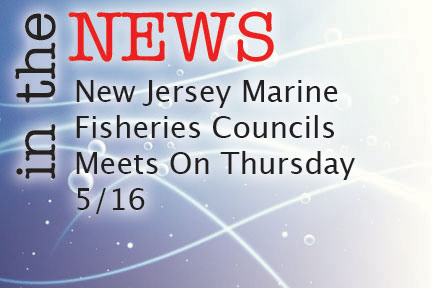NOAA Fisheries announces the annual opening of Seasonal Management Areas (SMAs) in the Mid-Atlantic to protect North Atlantic right whales starting on November 1, 2023.
All vessels 65 feet or longer must travel at 10 knots or less in this area to reduce the threat of vessel collisions with these endangered whales. The Mid-Atlantic SMAs are in effect through April 30, 2024.
Because vessels of all sizes can strike and injure a right whale, NOAA Fisheries also encourages vessels less than 65 feet in length to slow down to 10 knots or less within active SMAs.
Details and graphics of all of all vessel strike management zones currently in effect.

In related news, the recreational fishing and boating community was greeted with good news from NOAA Fisheries last month when the federal fisheries service officially denied a petition to establish a year-round 10-knot (11 mph) vessel speed limit and other vessel-related measures in the Rice’s whale “core” habitat area in the Gulf of Mexico. The petitioners had asked NOAA to use their authority under the Endangered Species Act and Marine Mammal Protection Act to establish a “Vessel Slowdown Zone” from approximately Pensacola, FL to the south of Tampa.
“We welcome this approach by NOAA, in which they listened to all stakeholders, including the recreational boating and fishing industries, and committed to using the latest science to inform their rulemaking,” said Frank Hugelmeyer, president and CEO of the National Marine Manufacturers Association.
However, according to Hugelmeyer, while NOAA Fisheries has denied the petition in the Gulf, the speed restriction proposal for boats 35 feet and up along the Atlantic Coast is still in play. “This rule would have had dire implications on Gulf Coast communities, similar to what the proposed North Atlantic Right Whale Vessel Strike Reduction rule will do to communities along the Eastern Seaboard,” Hugelmeyer said, adding “This harmful proposal would create one of the largest restrictions of Americans’ access to public waterways, put families at risk on the water, and have a devastating impact on economies up and down the Atlantic Coast.”
“We will continue to engage NOAA and work with lawmakers on both sides of the aisle to find ways to protect the right whale that do not come at the expense of American livelihoods,” he added.



